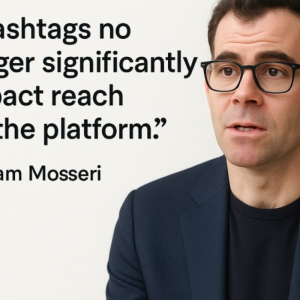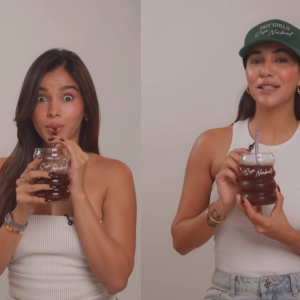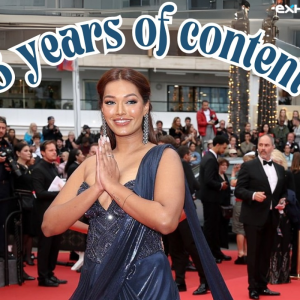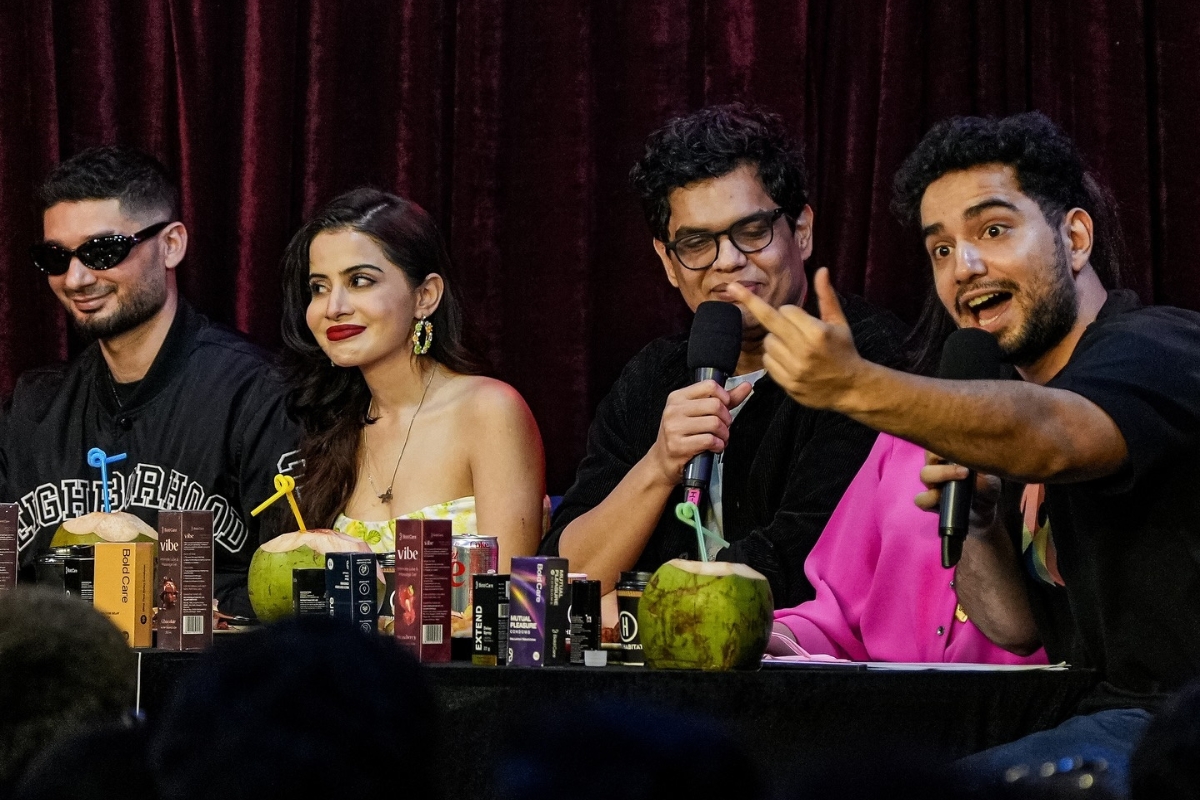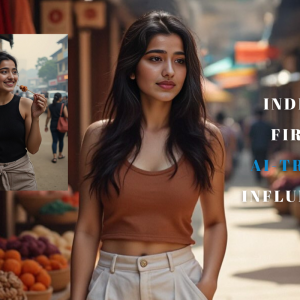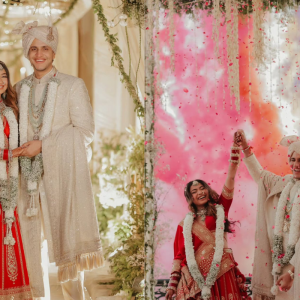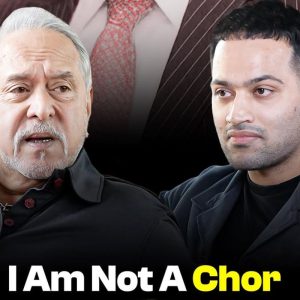The Indian digital content ecosystem is witnessing a seismic shift, catalyzed by the controversy surrounding India’s Got Latent. Once heralded as a game-changer in influencer-driven content, the show initially delivered astounding success—Vastrado, a fashion brand that partnered with the show, saw a 150% increase in revenue and a staggering 20-fold surge in website traffic. However, the viral sensation quickly spiraled into a contentious debate, forcing brands and creators to reconsider their content strategies.
The Fallout: Censorship and Brand Skepticism
The impact of the controversy extends beyond India’s Got Latent and its participants like Ranveer Allahbadia and comedian Samay Raina. The ripple effect has unsettled the entire influencer and comedy industry, leading to brand rejections, increased self-censorship, and intensified legal scrutiny.
Stand-up comedian Harsh Gujral, who has a substantial following of 3 million on Instagram, took precautionary measures by removing all episodes of his YouTube show The Espace Room, which featured dark humor. Similarly, influencer Shenaz Treasury faced career setbacks when she was abruptly dropped from a brand deal. A marathon platform that had offered her equity canceled their collaboration, fearing potential backlash.
Even experienced comedians are adjusting to this new landscape. Mumbai-based stand-up artist Sapan Verma now runs his jokes past a legal team before performing. His process? Drafting jokes in Microsoft Word, emailing them for legal review, and receiving feedback color-coded by risk level—yellow for medium risk and red for high risk.
Regulation on the Horizon?
The controversy has not gone unnoticed by authorities. The Supreme Court, in an ongoing case involving Ranveer Allahbadia, has directed the government to explore regulatory frameworks for social media content. This signals a potential shift toward stricter oversight, aimed at balancing free expression with accountability.
Sahil Chopra, CEO of influencer marketing agency iCubesWire, highlights that brands are already taking preemptive measures. Legal frameworks in influencer contracts are becoming more comprehensive, ensuring compliance with ethical and reputational standards. Today, before collaborating, brands meticulously scrutinize an influencer’s past content, engagement metrics, and alignment with their values.
A Paradigm Shift in Influencer Marketing
This incident underscores an evolving trend—brands are moving away from one-time influencer deals and toward long-term ambassador partnerships. The emphasis is shifting to brand-led content ecosystems, reducing reliance on volatile digital personalities.
Ambika Sharma, founder of Pulp Strategy, believes this marks the end of the ‘shoot and scoot’ model, where brands would engage an influencer for a single campaign and leave the results to chance. Instead, legally binding contracts—similar to celebrity endorsements—will define future influencer collaborations. While such agreements mitigate risks, they cannot prevent controversies; they merely facilitate quicker crisis control.
The Road Ahead for Creators
For influencers like Pranav Sharma, a Delhi-based comedian with 600,000 Instagram followers, this shift has introduced new challenges. He admits to exercising caution, avoiding sensitive topics that could spark backlash. While this doesn’t stifle creativity entirely, it does curtail the extent of his expressive freedom.
Kalyan Kumar, founder of influencer marketing firm KlugKlug, reassures that brands have always prioritized safety. While the scrutiny is intensifying, the core principles remain unchanged—brand collaborations will continue, but influencers will be more mindful of their content.
Also Read : Supreme Court Allows Ranveer Allahbadia’s Podcast but Sets Strict Guidelines
Key Takeaways for the Future of Influencer Marketing
- Brands will prefer long-term ambassador partnerships over one-off deals.
- Strong in-house brand content strategies will reduce dependence on influencers.
- A proactive brand safety approach will replace reactionary crisis management.
While the influencer marketing industry is evolving, it is far from disappearing. If anything, it is becoming more structured, ensuring that both brands and creators operate within clear and mutually beneficial frameworks.

